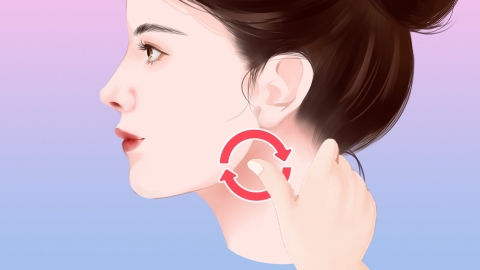What are the symptoms of a thyroid level 3 nodule?
Generally, as a common benign thyroid lesion, a thyroid nodule of category III mainly presents symptoms such as neck mass, neck discomfort, abnormal swallowing, voice changes, and thyroid dysfunction. Detailed analysis is as follows:

1. Neck Mass: Thyroid nodules of category III often manifest as a neck mass located in the anterior neck region where the thyroid gland resides. The size varies; smaller nodules might be difficult to detect by touch, while larger ones may visibly protrude on the neck. These masses typically have a firm yet elastic texture, relatively clear borders, and in most cases, move upward and downward with swallowing.
2. Neck Discomfort: Some patients may experience mild discomfort in the neck area, such as slight distension or tightness. This discomfort might intensify when pressing on the neck mass or during neck movement. Generally, this sensation is not severe and has minimal impact on daily activities.
3. Abnormal Swallowing: When a thyroid nodule of category III is large in size, it may compress surrounding tissues, thereby affecting swallowing function. Patients may feel a sensation of a foreign body in the throat or mild obstruction during swallowing, especially noticeable when consuming harder foods.
4. Voice Changes: If the nodule is located in a specific position and compresses the recurrent laryngeal nerve, some patients may experience voice changes, such as mild hoarseness or difficulty in phonation. These changes typically occur when the compression is significant, and symptoms may improve once the pressure on the nerve is relieved.
5. Thyroid Dysfunction: A minority of patients with thyroid nodules of category III may exhibit signs of thyroid dysfunction. If the nodule is functionally active and secretes thyroid hormones, it may cause elevated thyroid hormone levels, leading to symptoms such as heat intolerance, excessive sweating, palpitations, and hand tremors. Other patients may develop reduced thyroid hormone levels, presenting as cold intolerance, fatigue, and low spirits.
It is recommended to maintain a regular lifestyle, avoid excessive fatigue and mental stress, eat a balanced diet, appropriately supplement iodine, and undergo regular neck examinations to help monitor thyroid health.





